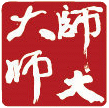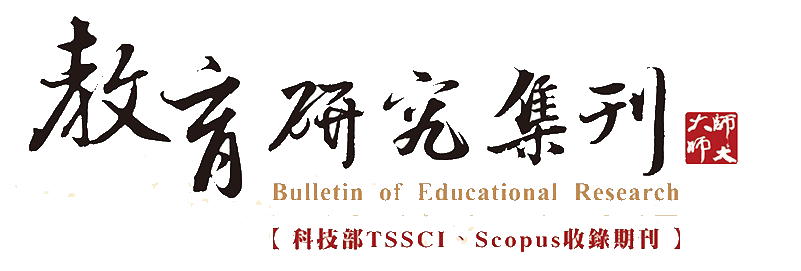| 篇名 | |
|---|---|
| 並列篇名 | Promoting Gender-inclusion or Reproducing Male-dominance? From Female Perspectives on Project-based Learning in Engineering Study |
| 作者 | 洪瑞璇、曾正宜 |
| 中文摘要 | 許多工程教育研究認為專案導向式學習(project-based learning, PBL)可促進性別容納、改善性別區隔困境,但多為學理論述,缺少實徵資料佐證。本研究藉由解析女性在專案歷程中的觀點與學習經驗,探討PBL是否呼應性別容納精神,或實則再製男性主導文化。在一門大學工學院PBL課程中,透過小組專案歷程影片與文件報告資料的分析,以及與六名女學生的深入訪談,從女性視角來描繪PBL學習經驗。研究發現,女性學習者對PBL課程設計理念抱持正向態度,但充滿性別刻板期望的社會文化結構仍透過小組性別互動權力關係,鞏固並再製工程教育男性主導文化,而阻礙性別容納。本研究最後並提出有關工程教育PBL課程及後續研究之相關建議。 |
| 英文摘要 | Many engineering educators claimed that project-based learning (PBL) provides gender inclusive learning environment for learners, from which women can benefit especially in studying traditionally male-dominant subjects such as engineering. Unfortunately, most of these claims were not supported by empirical evidences. We examined such claims by delving into women’s perspectives on a team-based PBL course offered for first-year undergraduate students by School of Engineering in a university in northwestern Taiwan. We thoroughly examined videos and reports from team activities, and conducted in-depth individual interviews with 6 female students. We found that female participants were positive about the PBL in general, but still felt the pressure of male-dominance in group interactions, which replicated gender bias from the social and cultural stereotypes. Suggestions were made for future design and implementation of PBL in engineering courses. |
| 起訖頁 | 043-083 |
| 關鍵詞 | 女性工程學習、性別容納式科學教育、專案導向式學習模式、female students in engineering study、gender-inclusive science education、project-based learning |
| 刊名 | 教育研究集刊 |
| 期數 | 201806 (64:2期) |
| 出版單位 | 國立臺灣師範大學教育學系 |
| DOI | 10.3966/102887082018066402002 複製DOI |
| 該期刊-上一篇 | 以教育實現人格自由:教育學者瞿世英在近代中國教育史上的意義(1917-1949) |
| 該期刊-下一篇 | 美國華盛頓州國小階段跨國移民學生之學習安置和語言支援制度 |








